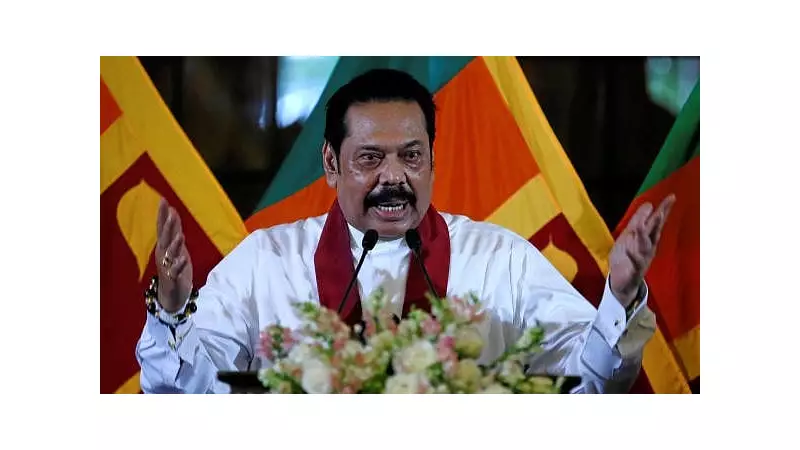
The political landscape in Sri Lanka is heating up as the opposition, led by the influential Rajapaksa family, has declared its intention to bring down the current government at the earliest possible moment. This dramatic announcement signals escalating tensions in the island nation's political arena.
Rajapaksa Family's Political Comeback Bid
Mahinda Rajapaksa, the former president and powerful political patriarch, is spearheading the opposition's movement to unseat the ruling National People's Power (NPP) government. The Rajapaksa family, which dominated Sri Lankan politics for nearly two decades, appears to be mounting a serious challenge to reclaim power.
Adding significant weight to this political offensive is Namal Rajapaksa, the 39-year-old son of Mahinda Rajapaksa, who is widely viewed as the political heir to the family legacy. The younger Rajapaksa has emerged as a vocal critic of the current administration, positioning himself at the forefront of the opposition's campaign.
Accusations of Broken Promises
The opposition's primary ammunition against the government centers on what they characterize as unfulfilled pre-election commitments. Namal Rajapaksa has been particularly vocal in his criticism, accusing the NPP government of failing to deliver on the promises that brought them to power.
"The government has completely failed to honor its commitments to the people," Rajapaksa stated in his recent remarks. "They came to power making grand promises, but the reality has been starkly different for the citizens of Sri Lanka."
This narrative of broken promises resonates strongly in a country that has faced significant economic challenges in recent years. The opposition is strategically leveraging public dissatisfaction to build momentum for their planned government takeover.
Political Implications and Future Scenarios
The declaration to topple the government "at the first opportunity" suggests the opposition is exploring all available constitutional and parliamentary avenues. This could include attempting to gather sufficient support for a no-confidence motion or exploiting any potential divisions within the ruling coalition.
The timing of this announcement, made on November 23, 2025, indicates the opposition believes the government may be vulnerable. Political analysts suggest that the Rajapaksa-led faction is testing the waters to gauge support among both parliamentarians and the general public.
This development marks a significant escalation in Sri Lanka's political dynamics, with the former ruling family clearly signaling they are not content to remain in opposition indefinitely. The coming months are likely to see intensified political maneuvering as both sides prepare for what could become a decisive power struggle.
The situation remains fluid, but one thing is clear: the Rajapaksa political dynasty is mounting a serious challenge to the current administration, setting the stage for potentially dramatic political developments in Sri Lanka.






